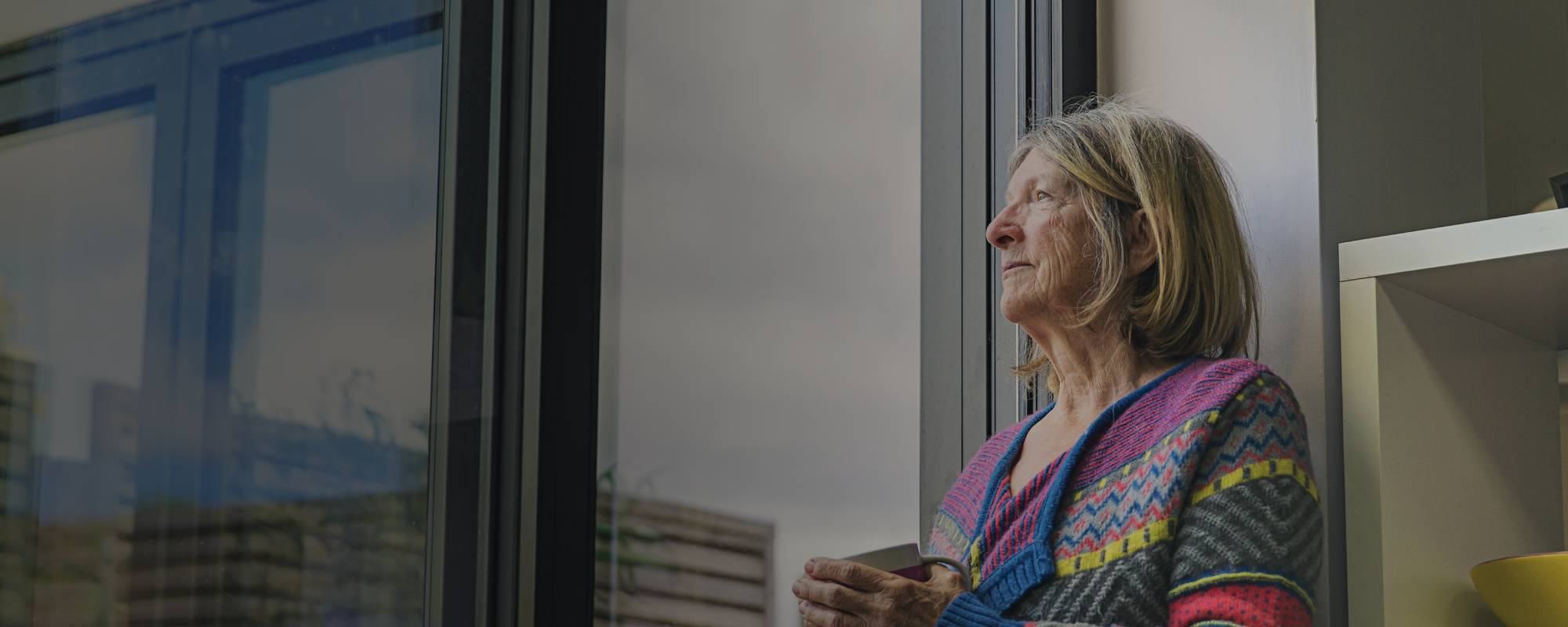- If you visit the register office in the same area where the person died, you’ll receive the documents the same day. Otherwise, it can take longer. You can find your local office on the Gov.uk website.
- You’ll need to take a doctor’s certificate. You might also need a birth or marriage certificate.
- The register office will give you the death certificate. Many organisations will ask for a certified copy, so you may want to ask for extra copies. There is a small charge for this.
- You might have already discussed this. If not, think about what type of funeral? Where and when? Who to invite? Speeches, readings, music, transport, flowers and the order of service?
- Make arrangements following the funeral. What would you like to happen after the funeral has finished?
- The National Association of Funeral Directors and the National Society of Allied and independent Funeral Directors can help you find a funeral director.
- A Will explains who the deceased wants to have their possessions. If you can’t find a Will it’s worth contacting their solicitor, bank or financial adviser.
- The Will also appoints the people the deceased would like to manage their affairs.
- If there is no Will, the law decides who should inherit the deceased’s possessions. You can find out more on the Gov.uk website. This will help you if you’re the person dealing with the deceased’s possessions.
- You’ll need to contact several organisations when someone dies. Age UK has a list you might find useful. This includes information on the Tell Us Once service, which can save time.
- You can let us know by phone or you can write if you prefer. The details are provided above.
Next steps
There are many organisations that offer help at this most stressful moment.

